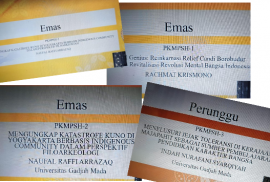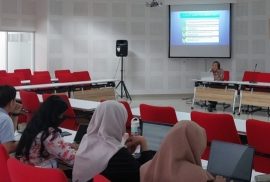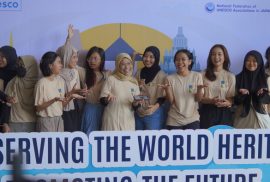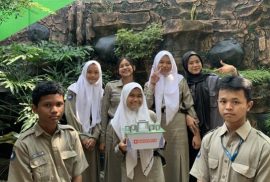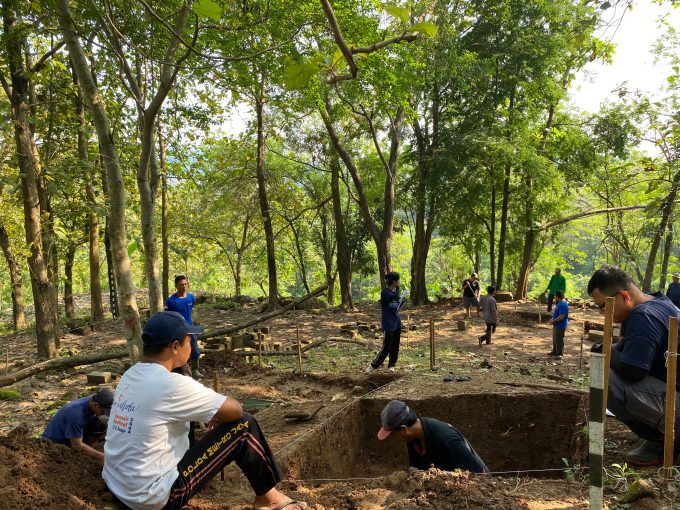
In a significant move towards cultural preservation, the Regional Office X of the National Cultural Heritage Conservation Agency (BPK) collaborated with the Archaeology Department of Gadjah Mada University (UGM) to conduct a salvage excavation at the Tinjon Temple site. This initiative, which took place on May 25, 2025, aims to protect and preserve the cultural heritage of the region, highlighting the importance of cultural diversity and education in developing communities.
The Tinjon Temple, a historical site rich in cultural significance, has faced threats from environmental factors and urban development. The excavation project is part of a broader effort to safeguard Indonesia’s diverse cultural heritage, which is essential for fostering a se
nse of identity and belonging among local communities. The collaboration between BPK and UGM underscores the importance of academic involvement in cultural preservation efforts.
Dr. Rina Sari, the lead archaeologist from UGM, emphasized the educational aspect of the excavation. “This project not only aims to preserve the physical structure of the temple but also serves as a learning opportunity for students and the community. By engaging in this excavation, we hope to raise awareness about the importance of cultural heritage and its role in education,” she stated.
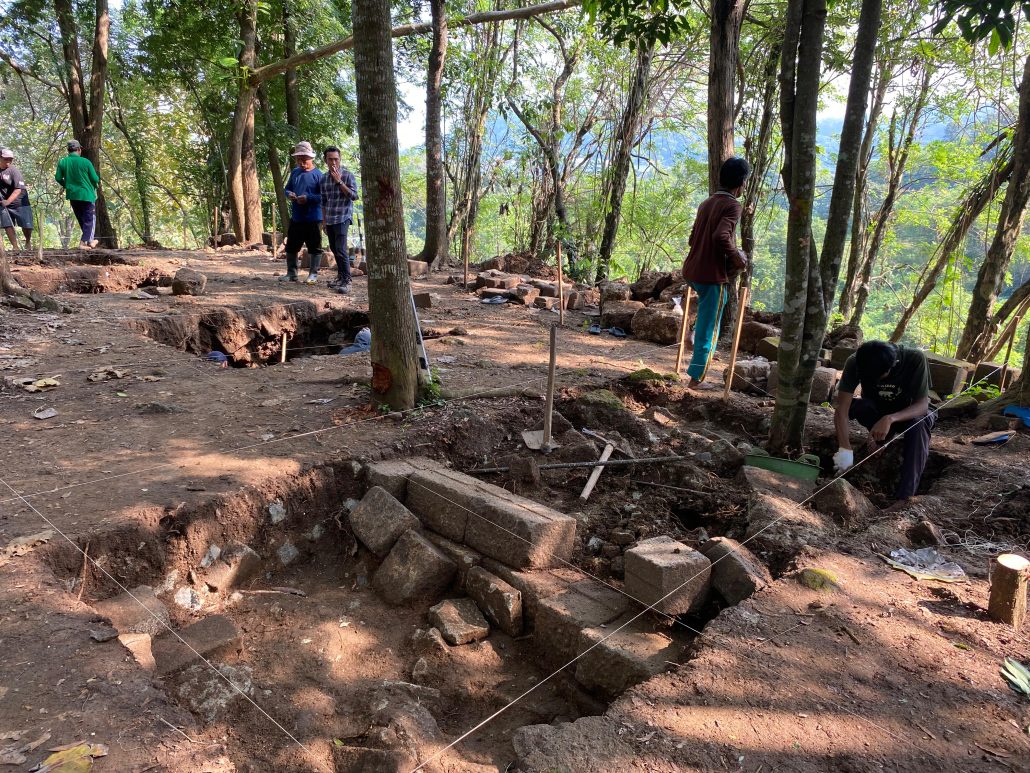
The excavation team consists of students, researchers, and local volunteers, all working t
ogether to uncover the historical layers of the Tinjon Temple. This hands-on experience provides valuable insights into archaeological practices and the significance of cultural heritage. The involvement of local communities is crucial, as it fosters a sense of ownership and responsibility towards preserving their cultural identity.
As the excavation progresses, the team has already uncovered several artifacts that shed light on the temple’s historical context. These findings will contribute to a better understanding of the region’s cultural diversity and its historical narratives. The artifacts will be documented and preserved for future research and educational purposes, ensuring that the knowledge gained from this excavation is shared with a wider audience.
In addition to the archaeological work, the project includes workshops and seminars aimed at educating the public about the importance of cultural preservation. These events will feature discussions on the role of culture in sustainable development and the significance of cultural diversity in shaping community identities. By integrating education into the excavation process, the project aligns with the Sustainable Development Goals (SDGs), particularly in promoting quality education and fostering cultural diversity.
The local government has expressed strong support for the excavation project, recognizing its potential to boost tourism and enhance community engagement. “Preserving our cultural heritage is not just about protecting the past; it’s also about creating opportunities for the future,” said the head of the Prambanan District. “We believe that by investing in our cultural sites, we can attract visitors and create a sustainable economy for our community.”
As the salvage excavation of Tinjon Temple continues, it serves as a reminder of the importance of cultural heritage in our lives. The collaborative efforts between BPK, UGM, and the local community exemplify how education and cultural preservation can go hand in hand, fostering a deeper appreciation for the rich tapestry of Indonesia’s cultural diversity.
In conclusion, the excavation of Tinjon Temple is more than just a preservation project; it is a celebration of culture, education, and community. By working together, we can ensure that future generations inherit a rich cultural legacy that reflects the diversity and history of our nation.

